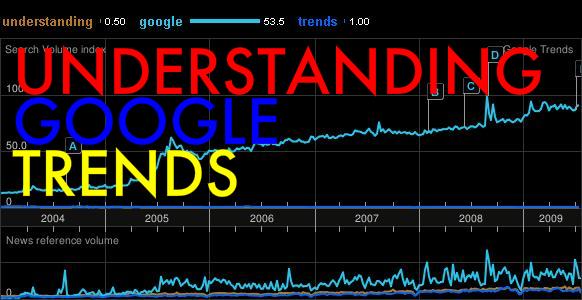Where does Canada lie here? Well, unsurprisingly, somewhere in between. Canadian accents are meant to be more similar to American accents, and where vocabulary differences exist, Canadians tend to use the American word. However, as enforced in Canadian textbooks and some Canadian newspapers, Canadians are supposed to spell words the way the British do.
But is that true? Let's look at a few examples, with the American in blue and the English in red. These results are for Canada only.
You can see here that, by a large amount, Canadians Google the American spelling more than the British spelling. While it is true that the first two related searches, "Flavor of Love" and "Flavor Flav" are both correctly spelt without the 'u', there does seem to be a tendency, repeated across every province, to prefer the American spelling.
While I might have thought that the more famous example of 'color' vs. 'colour' might bring back contrasting results, it does not. If anything, the difference is more profound here, mostly in Alberta and in the Atlantic provinces (perhaps surprisingly). Ontario is the province that Googles the u most frequently, but still less than the five-letter version.
And yet there are exceptions... Excluding Québec, which generally speaking I will do, as 'centre' is the only acceptable French spelling, nationwide we suddenly see the opposite: the British spelling is preferred in every province (in New Brunswick it's nearly equal). Clearly Canadians cherry-pick their spellings.
The preference for the British form is even more pronounced here, interestingly enough. The -re ending seems to be a Canadian standard, where the -our ending is less of one than generally presumed.
Inasmuch as a standard Canadian orthography exists, it's not merely 'copy the British'. The American -ize ending has a lot of poularity throughout the English-speaking world, and is unsurprisingly the only real spelling we'll see in Canada.
The tendency to turn -ogue into -og is by no means standard American - the USA is rather divided on that topic. Yet the -og spellings are quite rare outside of the US, so I'm surprised to see that they perform in Canada even half as well as the longer spelling.
An interesting one here, one that's practically neck-in-neck, and one that I don't imagine many Canadians have even though of. The American spelling prevails in Manitoba, though there are several provinces that Google has no statistics at all about here. Guess Canadians don't Google travellers much.
A grain of salt is needed here, I think. Both of these variations are also surnames and geographical names. Still, there's very much a preference for the British spelling here. I was confused about the seasonal spikes until I remembered the CFL, and its cup, the Grey Cup. Searching for "gray" vs. "grey -cup" still shows a two-to-one preference for the e, though
One last one. I include this one because ostensibly this word has, in addition to an American and a British spelling, a 'Canadian' spelling, which is identical to one of two French spelling for this cofusing dairy product. Google searching, though, shows this to be largely untrue: the American spelling clearly wins here, with the 'ou' spelling showing up on the charts primarily because of Québec. Outside of there, it's only seen in Ontario and BC.





No comments:
Post a Comment